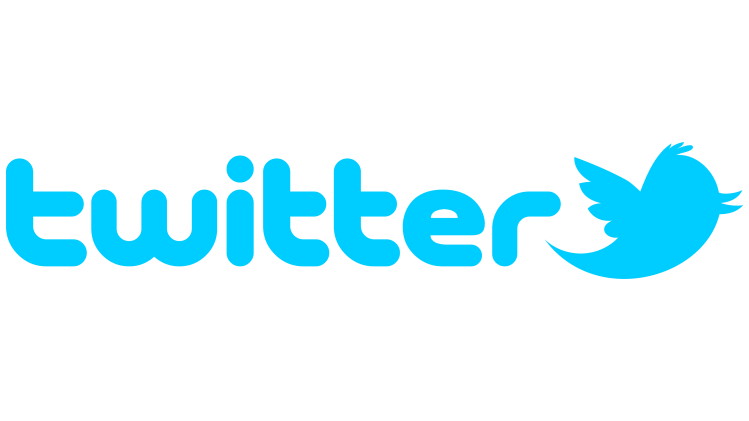Since its acquisition by billionaire business magnate Elon Musk, Twitter has found itself in a challenging transitional phase. This “new era” has been marked by divisive changes that have ignited fierce support and opposition among its users. Radical downsizing, paid “blue tick” verification, the unbanning of controversial figures, and temporary viewing limits are just one of the new decisions that contributed to Twitter’s polarizing trajectory. However, a recent problem involving Intellectual Property infringement has further exacerbated the mounting challenges for Twitter in its quest for stability.
Recent reports have revealed that The National Music Publishers’ Association (NMPA), an American trade organization representing music industry giants such as Sony and Universal, is suing Twitter for infringement. The NMPA believes that the online platform allows and even encourages the rampant infringement of music Publishers’ rights, of which they demand a whopping $250m in damages.
The lawsuit cites 1700 songs that have been included in copyright infringement notices. Many of these notices involve tweets that share music videos, concert footage, or other videos that use copyrighted music. The NMPA felt that these notices were not sufficiently handled by Twitter—claiming that Twitter has routinely failed to remove notified content and even alleged that they “assist known to repeat infringers” instead of banning or suspending them.
In contrast to other massively popular social media platforms like Facebook, Instagram, Youtube and Snapchat, Twitter is not involved in any licensing deal with music publishers. Regarding this, The New York Times reported that Twitter was discussing potential licensing deals between three major labels before the new ownership stalled progress.
While these problems had long existed prior to the takeover, the NMPA stated that the change in ownership did not improve Twitter’s handling of copyright infringement. Interestingly, the lawsuit even included a Twitter executive’s less-than-favourable tweet about the Digital Millennium Copyright Act (DMCA), a US statute that provides legal protection and guidelines for online service providers and copyright owners in the digital realm.
At this moment, the case is still ongoing and we will wait how Twitter tackles this problem. Whatever their action plan is, the results could potentially have profound effects on the platform’s copyright policy. Users should perhaps monitor the situation.
Music Copyright in Indonesia
Copyright protection, in essence, covers two basic rights: moral rights and economic rights. These two categories are expressed in most Copyright laws, including in Indonesian regulation. Law No. 28 Year 2014 defines moral rights in Article 5, while Article 8 explains economic rights.
Moral rights concern the right to take certain actions to preserve and protect their link with their work. While economic rights concern the right to derive financial reward from others’ use of their works.
In regards to uploading songs on twitter, Article 43 of Indonesian Copyright Law stipulates that “the production and distribution of the Copyrighted content through information technology and communication media that are not commercial and/or lucrative for the Author or related parties, or the Author expresses no objection to the manufacture and dissemination in question” does not qualify as copyright infringement. This means that according to Indonesian regulations, the mere uploading of copyrighted music (without commercial purpose) is not a copyright infringement. It only becomes so if the Author objects to it, because as explained before, Copyright Law instills the creator of works with economic rights. Article 9 stipulates that publication and communication of works (which would include uploading on Twitter) are among the economic rights the Author has. The Article further stipulates that anyone who exercises said economic rights is obligated to obtain permission from the Author or the Copyright Holder.
Conclusion
Navigating music copyright protection in the digital era can be a difficult endeavor. The widespread availability of content requires careful attention to ensure that musicians and music publishers are adequately protected. If you are a musician or music publisher seeking guidance on copyright matters, we invite you to consult with us. Our team is well-versed in the intricacies of music copyright and can provide the best solutions to safeguard your creative works. Contact us today via ambadar@ambadar.co.id
Source:
Law of the Republic of Indonesia No. 28 of 2014 on Copyright







